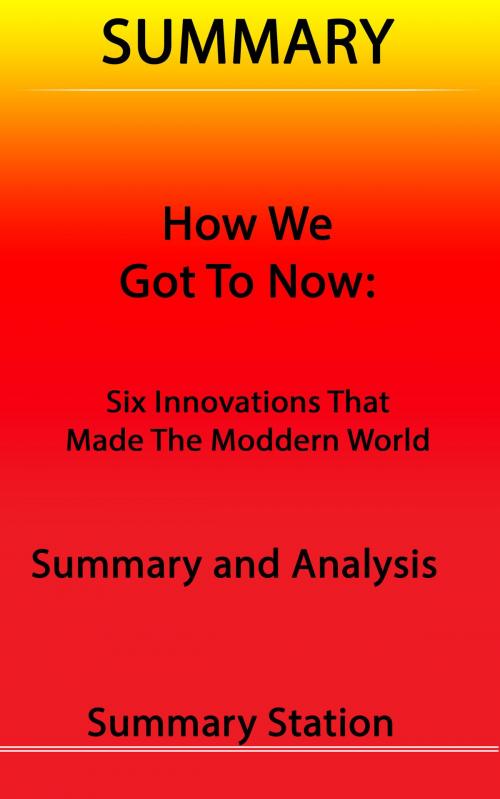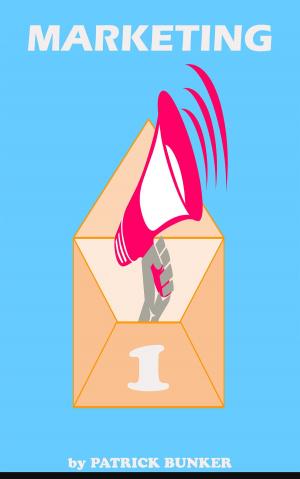How We Got to Now: Six Innovations That Made The Modern World | Summary
Nonfiction, Science & Nature, Science, Other Sciences, Experiments & Projects, Business & Finance, Management & Leadership, Leadership| Author: | Summary Station | ISBN: | 9781311489562 |
| Publisher: | Summary Station | Publication: | May 24, 2016 |
| Imprint: | Smashwords Edition | Language: | English |
| Author: | Summary Station |
| ISBN: | 9781311489562 |
| Publisher: | Summary Station |
| Publication: | May 24, 2016 |
| Imprint: | Smashwords Edition |
| Language: | English |
In the introduction, author Steven Johnson shares some valuable knowledge about the journey ahead. While inventions are exciting, it is important to remember that the innovations in this book belong to everyday, normal life, not science fiction. Johnson details several groundbreaking yet simple inventions (air-conditioning, a glass of clean drinking water, etc.) that utterly changed our lives, and how these changes further inspired more ingenuity and occurrences that we may not even know are connected.
Take for example the printing press. Do you know that Gutenberg's press led to our ability to view microscopic cells? That may not be a connection we easily make, but when we break down the timeline of inventions, it becomes quite clear. Gutenberg invented the printing press, which created a “surge in demand for spectacles.” Reading now enabled people to realize they had vision problems (farsightedness), so the growing need for spectacles urged people to “experiment with lenses” to help various eye “types.” This brought about the invention of the microscope, which of course, made us able to look at our cells and study them.
In the introduction, author Steven Johnson shares some valuable knowledge about the journey ahead. While inventions are exciting, it is important to remember that the innovations in this book belong to everyday, normal life, not science fiction. Johnson details several groundbreaking yet simple inventions (air-conditioning, a glass of clean drinking water, etc.) that utterly changed our lives, and how these changes further inspired more ingenuity and occurrences that we may not even know are connected.
Take for example the printing press. Do you know that Gutenberg's press led to our ability to view microscopic cells? That may not be a connection we easily make, but when we break down the timeline of inventions, it becomes quite clear. Gutenberg invented the printing press, which created a “surge in demand for spectacles.” Reading now enabled people to realize they had vision problems (farsightedness), so the growing need for spectacles urged people to “experiment with lenses” to help various eye “types.” This brought about the invention of the microscope, which of course, made us able to look at our cells and study them.















